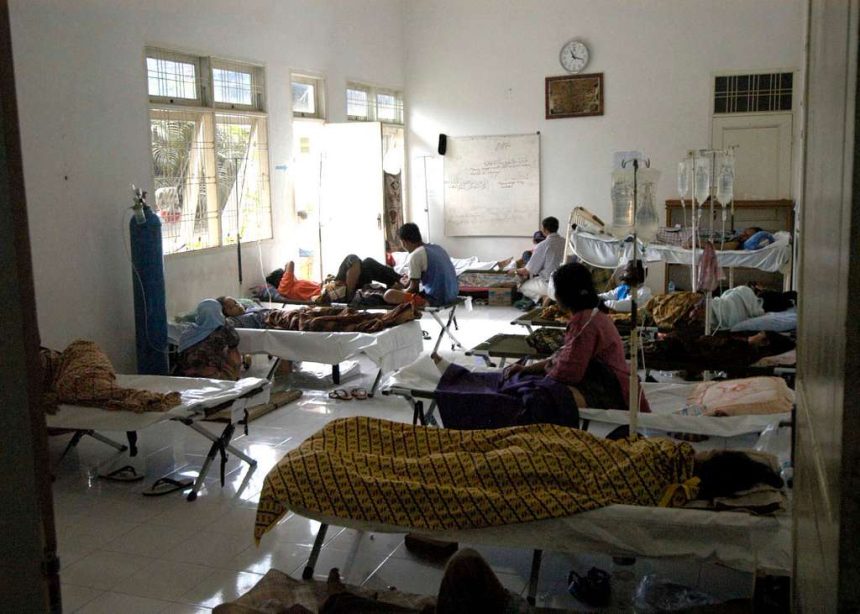Incident Overview: What Happened
More than 1,000 students in West Java province, Indonesia, fell ill this week after consuming free school lunches provided under the government’s nationwide meal program. The outbreaks occurred across four areas in West Bandung and Sukabumi districts, with 470 cases in one location and 580 in others.
This is the latest in a series of food poisoning incidents linked to the Free Nutritious Meals Program launched earlier this year. In previous weeks, hundreds more students in West Java and Central Sulawesi were reported ill.
The Government Program and Its Ambitions
The meal program was launched by President Prabowo Subianto in January 2025 with ambitious goals: to provide free nutritious meals to schoolchildren and pregnant/nursing women as part of efforts to combat child malnutrition and stunting.
At present, it serves over 20 million children with a projected target of 83 million by year’s end.
However, multiple outbreaks have now highlighted serious concerns about execution, oversight, and food safety protocols.
Causes & Government Admission
Indonesia’s National Nutrition Agency (Badan Gizi Nasional) has admitted that lapses in oversight contributed to the poisoning outbreaks. Among the acknowledged issues:
- Inconsistent cooking times
- Use of spoiled ingredients
- Poor hygiene in kitchens
- Weak monitoring of partner kitchens and delivery systems
In West Java, Governor Dedi Mulyadi pointed to operational flaws—such as improper storage and overburdened cooking facilities—as key fault lines.
So far, around 40 kitchens that failed to meet standards have been suspended.
Health Impacts & Symptoms
Children affected by the outbreaks reported symptoms such as:
- Nausea
- Dizziness
- Shortness of breath
- Severe abdominal pain
Hospitals and clinics in affected areas have been overwhelmed with patients, some of whom were transported en masse to medical facilities.
Political & Public Reaction
- NGOs and health groups have called for an immediate suspension of the program until safety can be assured.
- The Parliamentary Committee on Health was urged to demand stricter oversight and reevaluate the program’s rollout.
- President Prabowo defended the initiative, acknowledging incidents as a small fraction of the meals served and pledging enhanced safety measures such as rapid testing, better kitchen standards, and stricter supervision.
- The program’s high cost and rapid expansion have also drawn criticism amid these health failures.
What Comes Next & Key Challenges
- Investigations and Accountability
Authorities will probe the implicated kitchens, personnel, suppliers, and delivery operations. Legal or regulatory action may follow. - Policy Review & Temporary Suspension Demands
Some regions may suspend the program locally while safety gaps are closed. - Scaling Back & Strengthening Protocols
The government plans to introduce health certifications, bans on processed foods, improved inspection, and better training for kitchen staff. - Restoring Trust
Parents, students, and schools may be reluctant to participate until safety is demonstrably restored. - Balancing Ambition with Practical Feasibility
Rapid expansion of such a massive program may outpace capacity for safe execution—policy makers must calibrate scale with quality.











